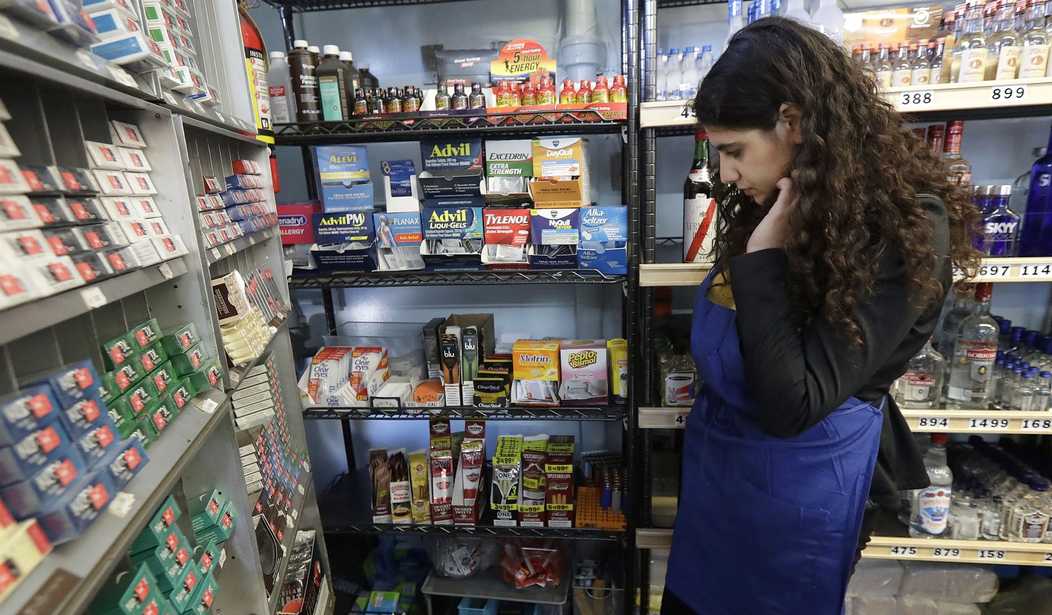Similar to how government regulations of opioid medications helped to fuel the recent heroin and fentanyl scourges, it seems government restrictions on e-cigarettes to combat the “vaping epidemic” has inadvertently increased combustible tobacco cigarette use among youth. Such is the law of unintended consequences.
Across the nation, lawmakers seem stuck in a tragic game of whack-a-mole. The more they try to reduce youth vaping, the more they increase youth combustible cigarette smoking. For example, Lancaster County, Nebraska reported a reduction in sales of vaping products to minors “from 21.2 percent in 2017 to 5.3 percent in 2018.” During the same period, non-vaping tobacco product sales to minors increased, from 5.9 to 8.7 percent.
Moreover, a 2015 Yale study found state bans on the sale of e-cigarettes to minors created “a statistically significant 1.0 percentage point increase in recent cigarette smoking rates among 12 to 17 year olds.”
Despite knee-jerk reactions and the fear-mongering perpetuated by the highest levels of the U.S. government on the supposed evils of e-cigarettes, evidence shows these products offer numerous societal benefits. Several public health agencies across Europe have even recommended their use.
Research increasingly indicates e-cigarettes are an effective cigarette cessation tool. A 2019 study found electronic cigarettes are twice as effective as nicotine replacement therapy (NRT) in helping smokers quit.
Recommended
Further, Medicaid recipients disproportionately smoke, and evidence suggests e-cigarettes could help reduce health care costs.
Although preventing youth use of e-cigarettes is a worthy topic of concern for policymakers, data show existing regulations and industry standards are working. Findings from the U.S. Food and Drug Administration’s (FDA) tobacco compliance data indicate there are more violations involving sales of cigars and cigarettes to minors than e-cigarettes.
FDA performed 1,029 compliance checks in Vermont from January 1, 2018, to February 1, 2019. Of those, 60 revealed violations of tobacco sales to minors, about 5.8 percent of the total number of compliance checks. Of the violations of sales to minors, 39 involved cigars, 27 involved cigarettes, and only four were sales of e-cigarette products.
Similarly, of the 6,735 compliance checks conducted in Washington state during the same period, state officials found 743 retailers were in violation of laws against selling a tobacco product to a minor, or 11 percent of all compliance checks. Of those, 286 violations involved sales of cigarettes to minors, 256 involved cigars, and 187 involved sales of e-cigarette products to minors.
Despite the fact the available evidence clearly shows e-cigarettes do not pose significant public health risks, there are currently more pending legislative bills aimed at taxing e-cigarettes than increasing cigarette taxes.
Steady wins the race, and prohibition has never worked in the United States. Just consider the total failure of the Eighteenth Amendment, which banned alcohol. During the era known as Prohibition, alcohol consumption actually increased across the nation. Not only this, but the ban created a robust black market fostered by criminal enterprises that led to a huge spike in violence and criminal activity. Lawmakers would be wise to remember that actions have consequences, intended and unintended.

























Join the conversation as a VIP Member